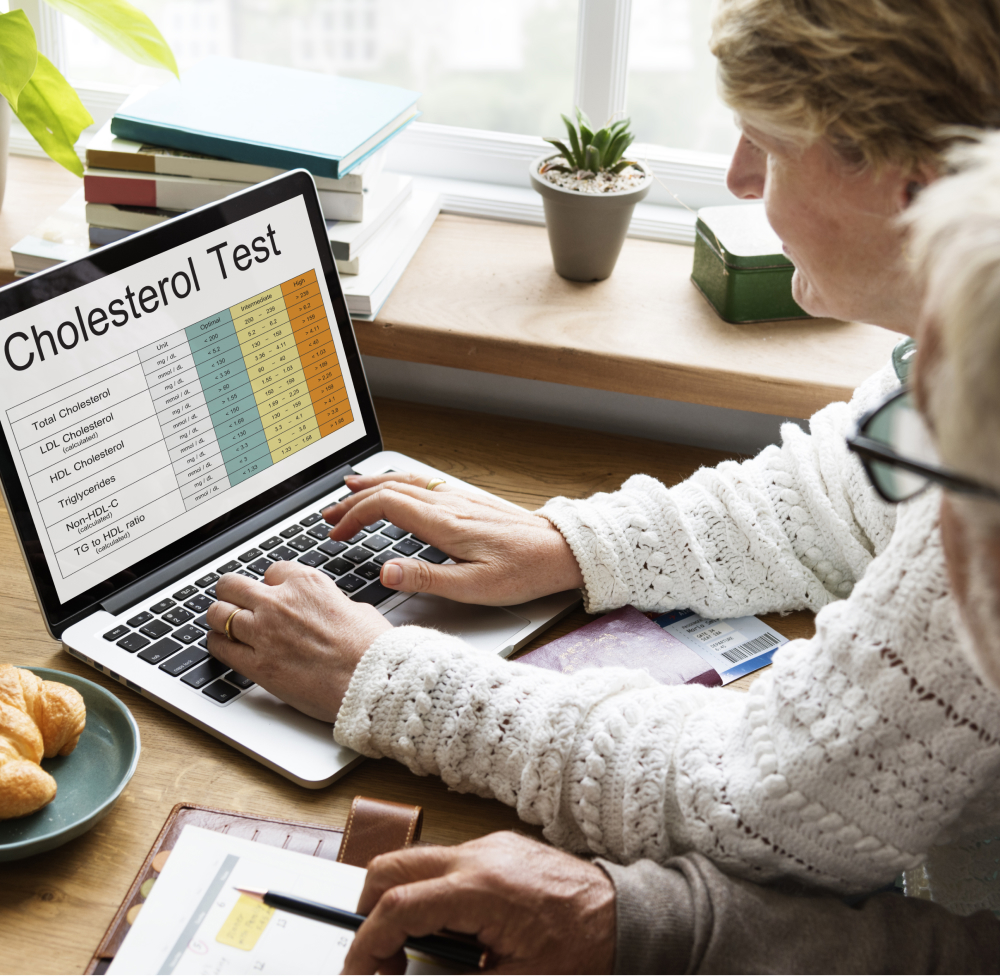Cholesterol: benefits and side effects
We challenge every myth about the most dangerous food compound – we are going to tell you how cholesterol benefits the body.

What is cholesterol?
Cholesterol is often called fat, which is not entirely true, since cholesterol is only partially made up of fat. It is lipophilic (i.e. fat-containing) alcohol, which is fundamental for the cells structure of the human body. It is indeed cholesterol that protects the cells from the influence of the external environment and regulates the delivery of nutritious elements to them. For example, it participates in the “construction” of the myelin sheath, which is responsible for the neurons’ electrical isolation in the brain and for the speed of impulse transmission. Without cholesterol, the body would not be able to produce vitamin D and synthesize important hormones such as testosterone, progesterone and estrogen. This is a daily necessity, therefore, 80-90% of cholesterol is produced in the liver, and not from external sources. This is good news: you should not ban high cholesterol foods (such as eggs) from your diet. Even if your breakfast consists of a couple of egg yolks daily, your cholesterol level is unlikely to change significantly.
Bad and good cholesterol: how do you distinguish them?
In order to reach the desired cells, cholesterol molecules integrate with transport proteins, forming a lipoprotein complex. In the initial stage this complex contains more fat than protein, which is why it is called low-density lipoprotein (LDL). The LDL capsule enters the circulatory system and “travels” through the vessels, delivering cholesterol to organs and tissues. Upon return, the density of proteins in the compound increases even more, and the high-density lipoprotein compound (HDL) is sent back – it brings the remains of cholesterol back to the liver, which removes it from the body using bile acids.

Both connections are useful – if one is lacking, the entire transport system gets disrupted. However, LDL is indeed to blame for the formation of cholesterol plaques. This is how it all happens: when microcracks appear in the vessel, platelets try to fill them, and the low-density lipoprotein capsule tries to help them. The cholesterol’s main task is to build cell membranes, so cholesterol begins to fill the crack and patch up the vessel. The fat-protein complex covers the damaged vessel from the inside and solves the problem, but at the same time, cholesterol and platelets reduce the space for normal blood flow, and the organ in need does not receive enough nutrition.
Stroke, myocardial infarction, thrombosis, atherosclerosis – these diseases are caused by the blockage of blood vessels, and the reason is to be sought precisely in what caused their damage. After all, if the vessels were not fragile, elastic and healthy – there would be nothing for the cholesterol to patch.
Cholesterol and diet
Giving up on certain foods — or groups of foods — in order to lower your “bad cholesterol” makes no sense. Cholesterol is not completely composed of fat, and liver cells don’t extract exclusively from animal fats – proteins and carbohydrates can also be “suppliers”. So, no matter what you give up – butter, meat, chocolate – the liver will still produce cholesterol. You shouldn’t ban vegetable fats from the diet either: the label “Cholesterol free” on a bottle of vegetable oil is nothing more than a marketing trick. Plants do not contain cholesterol at all, another lipid alcohol is involved there – phytosterol.
It is not necessary to lower the level of cholesterol – this can lead to a violation of the synthesis of hormones, vitamin D, nutrients’ deprivation of the body cells (because if you stop “bad” cholesterol, you will have to block the “good” one, too, and that is vital). But it’s worth taking care of the vessels: balance nutrition, add physical activity, and eliminate smoking. And regularly visit your doctor.
Learn more about Brain, Heart, SUPPLEMENT+, Vessel
What to learn more? Read here:





